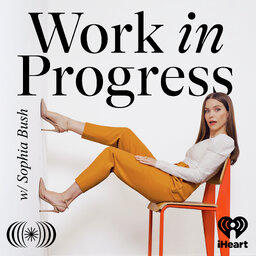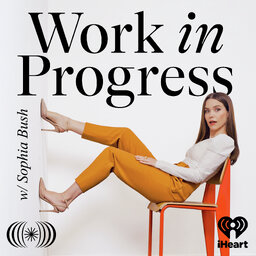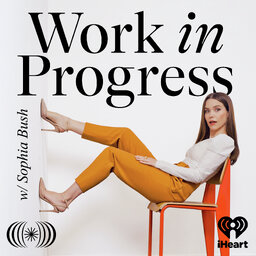Adam Kinzinger
Air Force Veteran and former Congressman Adam Kinzinger followed Republican party lines until January 6, 2021 . . . that's when he decided enough was enough, but it came at a cost.
Adam shares his political journey with Sophia, from his strict religious upbringing, finding himself in the military, getting into politics, to standing up to his own party by voting to impeach Donald Trump and joining the House Select Committee to Investigate the January 6th Attack on the Capitol.
Plus, Adam talks about what it was like being in the Capital on January 6, having friends and family turn their backs on him, and what he thinks it will take for the GOP to be great again.
 Work in Progress with Sophia Bush
Work in Progress with Sophia Bush


